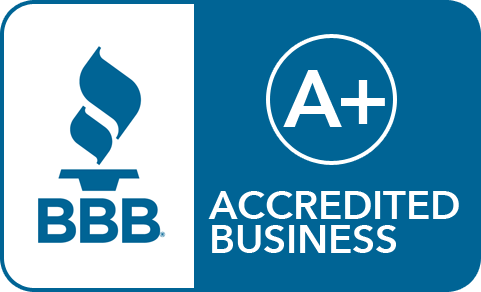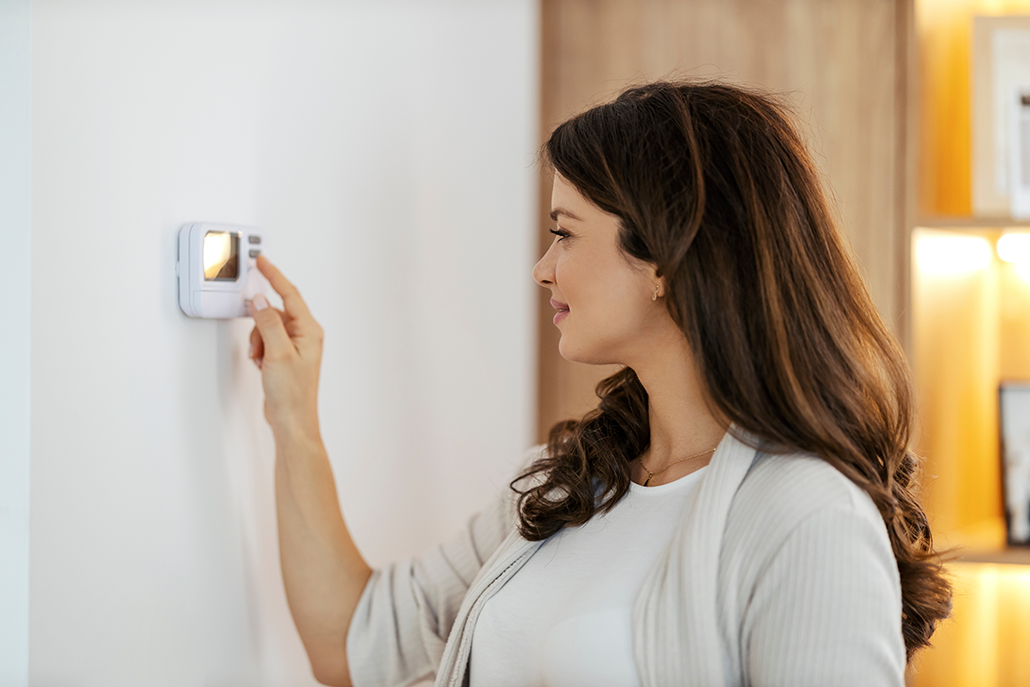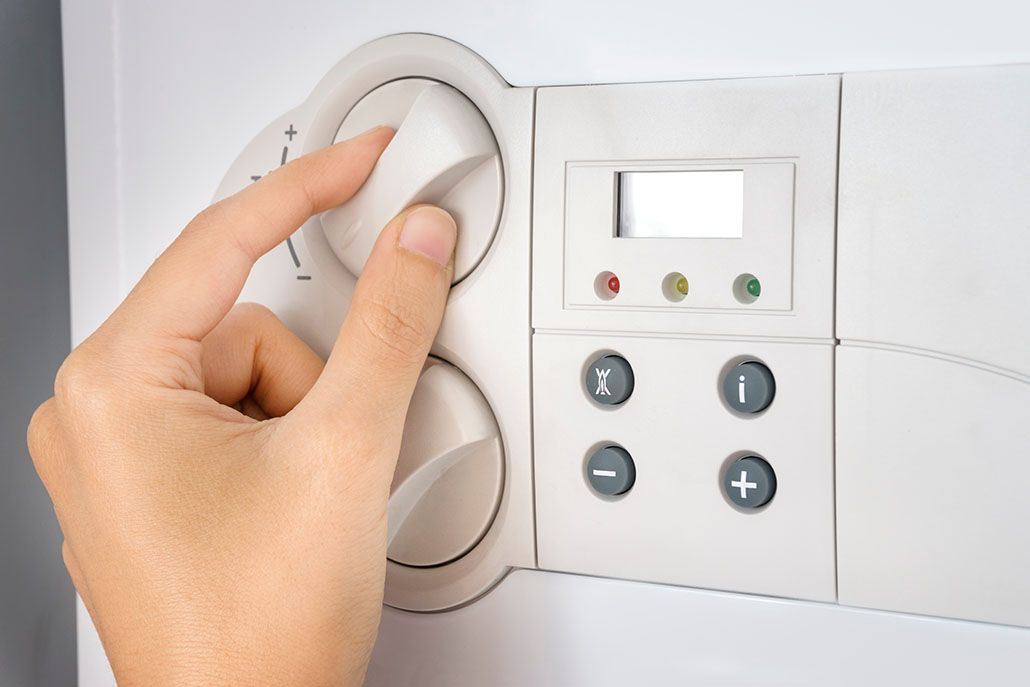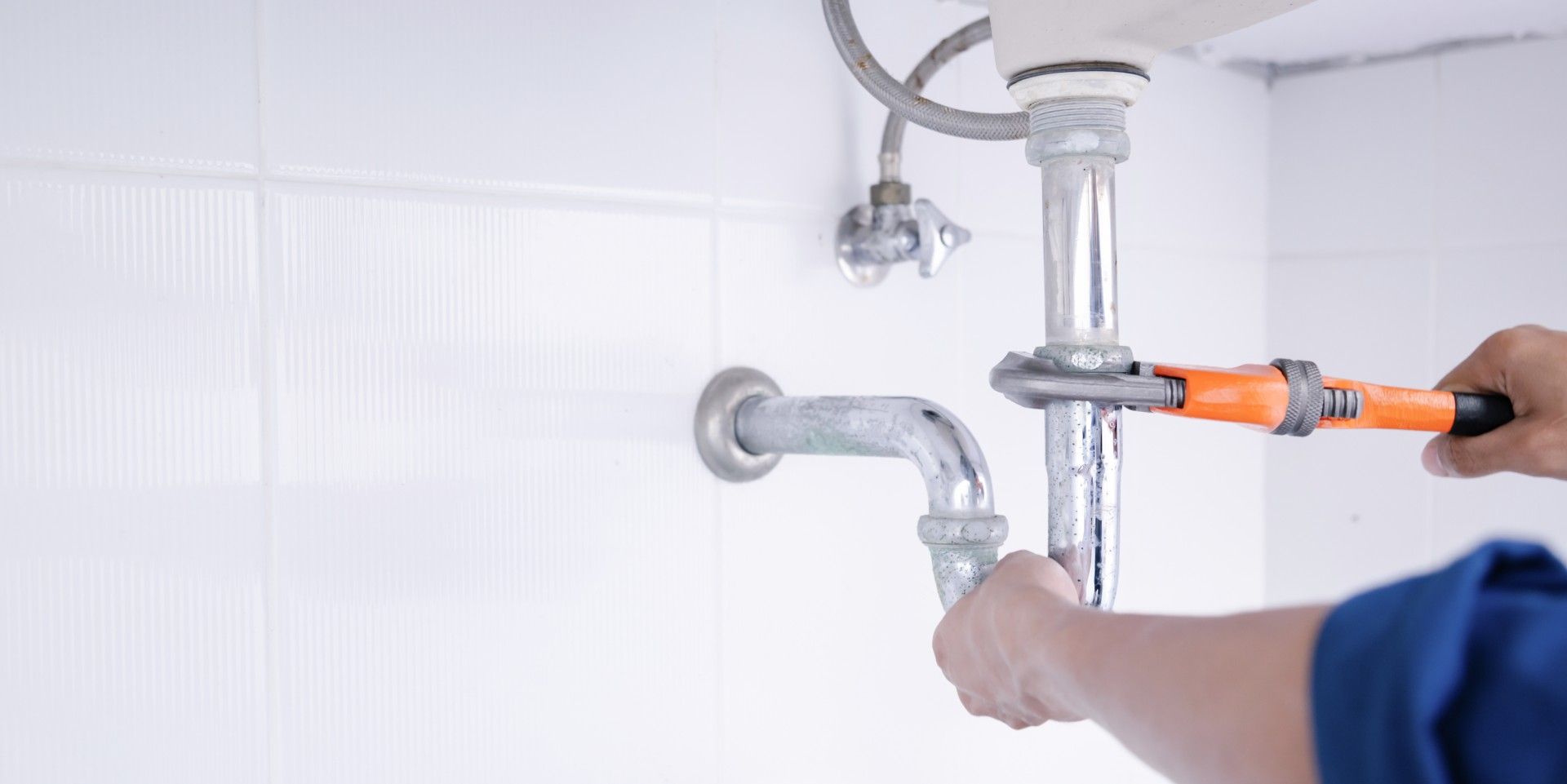Plumbing problems can disrupt daily life, leading to leaks, water damage, and potentially even health risks like mold growth. Recognizing typical plumbing issues and how to address them can save you from expensive repairs and long-term damage to your home. From clogged drains and faulty pipes to low water pressure, understanding these challenges allows homeowners to take preventive measures and maintain a safe, efficient living environment. Regular maintenance and timely repairs can also extend the life of your plumbing system, ensuring that your home remains in good working order for years to come.
Expect a visit from any or all of the following ten issues if you avoid maintenance and inspections…
10. Frozen Pipes
Freezing temperatures can cause water pipes to freeze. To help thaw the ice, keep the faucets near the frozen pipe open to encourage water flow. You can also apply heat to the frozen area using a space heater, heat lamp, or hot water bottle. However, if the pipe has already burst, it's important to call a plumber right away to address the damage.
09. Water Heater Issues
Water heater problems can arise due to sediment accumulation, a malfunctioning thermostat, or a leaking tank. To prevent sediment buildup, regularly flush the water heater. If the thermostat is not working correctly, it may need replacing. For leaks, it's advisable to replace the water heater promptly to avoid further damage or inefficiency.
08. Leaky Faucets
Worn-out washers, loose packing nuts, and corroded cartridges are common causes of plumbing issues. You can try replacing the damaged components if you're handy with DIY repairs; it's best to call a plumber for more complicated problems or if you need more clarification about the fix to avoid unintentionally making the situation worse.
07. Slow Draining Showers/Tubs
Shower drains can become clogged with hair, soap residue, and mineral buildup. A drain snake or auger can help remove hair and other blockages, while a drain cleaner can dissolve mineral deposits. If clogs persist, it may be time to replace the drain filter or piping to ensure smooth water flow.
06. Low Water Pressure
Low water pressure can result from mineral deposits, sediment, or a malfunctioning pressure regulator. Installing a water softener can help combat mineral buildup. Examine the aerator or filter for clogs if the issue is limited to one fixture. However, if the pressure is low throughout the house, it's essential to check the main water shutoff valve and pressure regulator for any problems.
05. Garbage Disposal Issues
Certain food items, like bones, grease, and fibrous materials, can block your garbage disposal. To clear the clog, use a disposal wrench to manually rotate the blades. You can also clean and deodorize the disposal by pouring a mixture of baking soda and vinegar down the drain, followed by cold water. If the clog persists, call a plumber for assistance.
04. Sewage Backup
One of the more unpleasant plumbing issues is often caused not by flushing inappropriate items but by tree roots, grease accumulation, or a damaged sewer line. Use a sewer snake to clear away roots or other blockages. If grease buildup is the culprit, you can use a commercial sewer cleaner, though it's best to avoid this unless necessary, as it may damage your pipes. It's wise to seek professional help from a plumber for severe or persistent backups.
03. Running Toilets
A worn-out flapper, a misadjusted chain, or a faulty fill valve often cause a constantly running toilet. Start by adjusting the chain to make sure the flapper closes appropriately. If the problem persists, consider replacing the flapper or the fill valve. Additionally, inspect the tank and bowl for any blockages affecting the toilet's function.
02. Water Leaks
Water leaks can result from damaged pipes, malfunctioning fixtures, or existing water damage. Examine your pipes and fixtures for signs of wear, such as rust, cracks, or visible leaks. Repair or replace faulty parts and tackle the underlying issue to avoid future leaks and potential water damage.
01. Clogged Drains
Drains can become clogged with hair, soap scum, food scraps, and other debris. Start by using a plunger to help clear the blockage. To break down the clog without harming the pipes, pour a combination of baking soda and vinegar into the drain, then flush it with hot water. If the clog remains stubborn, you may need a drain snake or auger to remove the obstruction, but this should be a last resort.
DO NOT MAKE IT WORSE. Call the Pros at Picture Perfect.
Whatever you do, do not make something worse by reaching beyond your comfort level or capabilities. Picture Perfect Plumbing and Heating is a licensed master plumber and heating contractor who can fix any issues. None of the list comes at a good time, so feel free to contact us anytime by filling out this online form or calling 718-266-6600.
You might also like
Book a Service Today
We will get back to you as soon as possible
Please try again later
All Rights Reserved | Picture Perfect Plumbing and Heating




